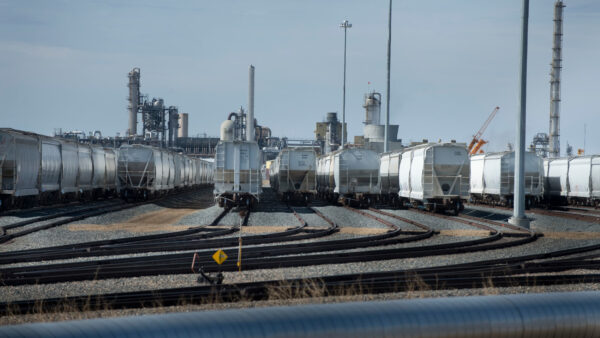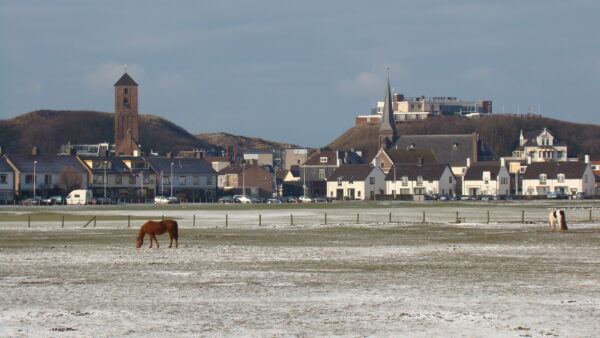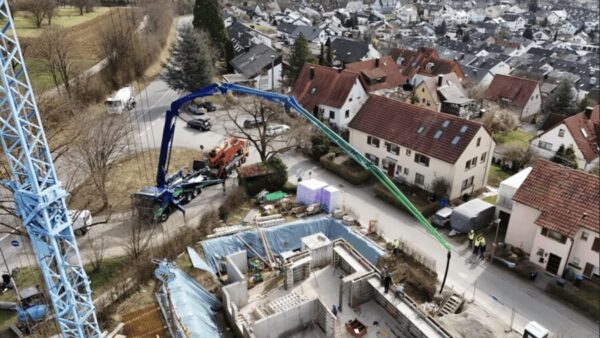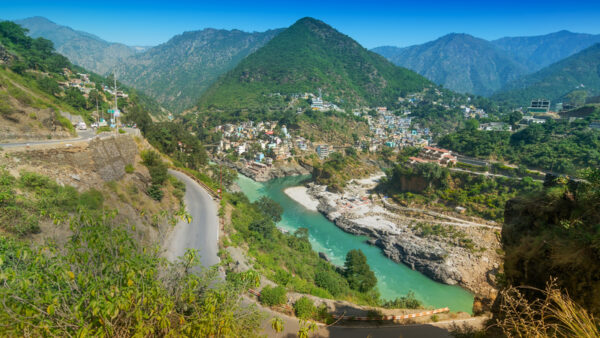The Estonian government appears set to reject a plan promoted by Finnish entrepreneur Peter Vesterbacka to build the world’s longest undersea tunnel from Helsinki to Tallinn with the help of Chinese investment in favour of a publicly funded project.
Jaak Aab, the Estonian minister of state ownership, told Estonian news site Ärileht that he will recommend that his government does not proceed with Vesterbacka’s plan because of long-unresolved concerns including “environmental, economic and safety reasons”.
He said: “We repeatedly asked the developer to supplement and correct the application; unfortunately, the application submitted for the third time has not dispelled the state’s doubts and is not in line with the state’s interests in all respects. This is despite numerous meetings and years of correspondence.”
The State Ownership ministry has been consulting with the Finnish government, other ministries and sectoral authorities over the Chinese-backed version. He said it was unclear where the funding – expected to be in the region of €16bn – would be found for the construction of the tunnel and the artificial island. There was also concern over the projections for passenger numbers and cargo volumes. Â
Aab said he would put his support behind another tunnel project backed by both the Estonian and Finnish public authorities. He said: “Creating a cross-border connection is only possible through a joint project between the two countries and the common will of both countries.”
The Estonian government first expressed doubts about Vesterbacka’s plan last August, when Taavi Aas, the economics minister, said in an interview: “We need a clear understanding of where the money is coming from and in what amount. Where are the guarantees that it will be completed? The developer hasn’t been able to say how it estimated the volume of people that will be traveling.”
However, the project had received preliminary support from China Railway International Group, its parent company China Railway Group and China Communications Construction Company, all of whom signed an agreement in July 2019 with Finnish developer Finest Bay Area Development and its main funder, China’s Touchstone Capital Partners.
The project was first suggested by Vesterbacka, a developer of the Angry Birds video game, as a twin-bore 103km-long tunnel that would form the final leg of the EU’s Rail Baltica project.
A feasibility study into the tunnel was concluded in February 2018. It found that by 2050, demand would reach 12.5 million passengers and 4 million tonnes of freight a year. This gave a cost-benefit ratio of only 0.45, owing to the high capital cost, but the study recommended the scheme on the basis of its impact on regional development, which it estimated at between €4bn and €6.9bn a year.
Image: Peter Vesterbaka (GDC/CC BY 2.0)
Further reading:










